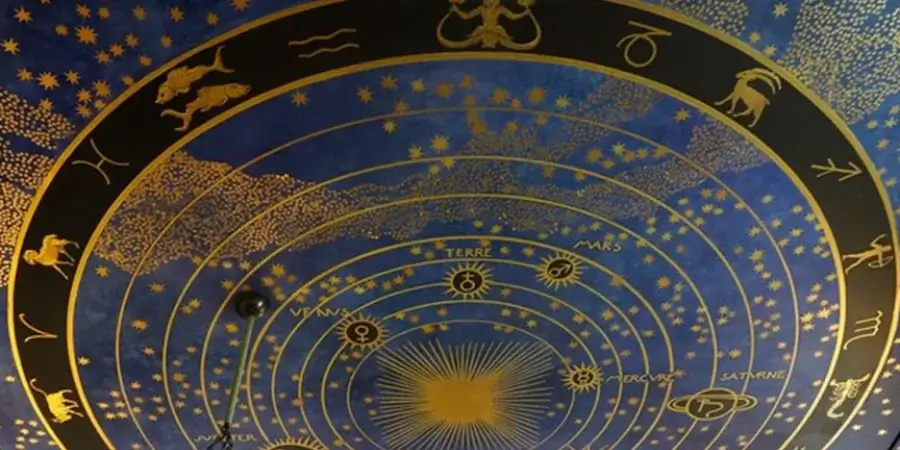One’s science, one’s mysticism—and the stars know the difference.
The English language is full of tricky word pairs, but few are as star-crossed as astrology and astronomy. They sound alike, share a common origin, and even once meant the same thing. So how did these two celestial terms end up on such different paths? Let’s journey through the stars to uncover the distinction.
Astronomy: The Science of the Stars
If you’ve ever gazed at the night sky and wondered about the galaxies, black holes, and supernovas out there, you’ve touched on the domain of astronomy. Dating back to the 12th century, astronomy is the scientific study of celestial objects and phenomena. It’s where data, physics, and chemistry come together to unlock the universe’s secrets.
Think of astronomy as the hard-hitting science behind the cosmos—the field that gave us the James Webb Space Telescope and the stunning discovery of exoplanets. It’s what you’ll find in textbooks, observatories, and scientific journals.
Astrology: The Art of Interpretation
On the other hand, astrology is the interpretive art of reading the stars’ supposed influence on human life. Emerging in the 14th century, it’s less about scientific evidence and more about intuition, symbolism, and connection. Horoscopes, zodiac signs, and personality predictions? That’s astrology’s wheelhouse.
While astronomers calculate the distance to the nearest star, astrologers ask how that star might influence your love life. To scientists, astrology is often dismissed as pseudoscience, but for many, it remains a meaningful tool for self-reflection and guidance.
A Shared Starry Past
For centuries, astrology and astronomy were interchangeable. Both terms trace their roots to the Greek word astron, meaning “star.” Over time, however, they split: astronomy claimed the mantle of science, while astrology became the realm of mysticism and personal insight.
Even the word disaster—literally “bad star” in Greek—reflects humanity’s age-old fascination with how celestial movements affect life on Earth.
Remembering the Difference
Still find yourself mixing them up? You’re not alone. The confusion is so common that it once birthed the term astrologaster, a 17th-century insult for a charlatan pretending to study the stars.
Here’s a trick:
- Astronomy ends with “-nomy,” hinting at knowledge and scientific laws.
- Astrology ends with “-logy,” pointing to its study of symbols and interpretation.
Why It Matters
Understanding the difference is more than just semantics—it’s about appreciating the unique ways humans have tried to make sense of the cosmos. Whether you’re looking for scientific truth or personal meaning, both astronomy and astrology remind us of our deep connection to the stars.
So next time you hear someone talking about the influence of Mercury retrograde or marveling at the Hubble Deep Field, you’ll know exactly which starry path they’re walking—and why both continue to captivate us.
The stars may guide us, but understanding them begins with knowing the difference.

